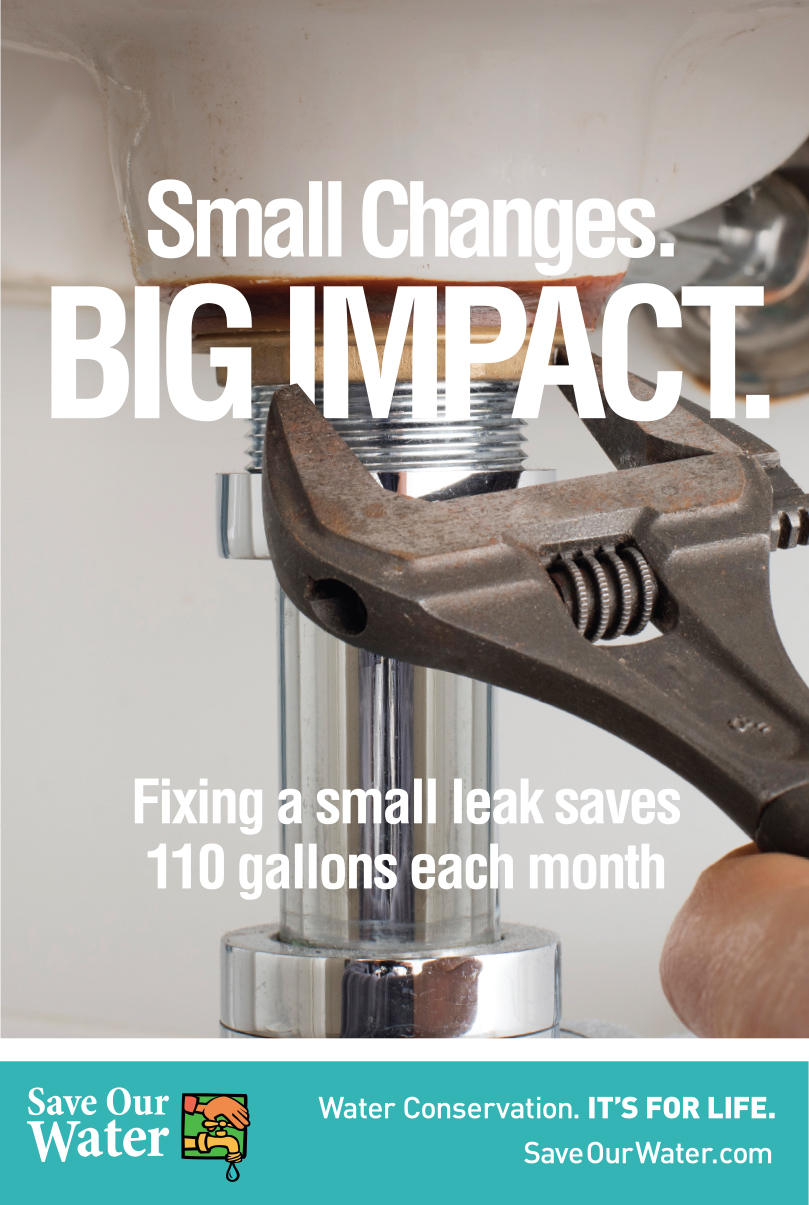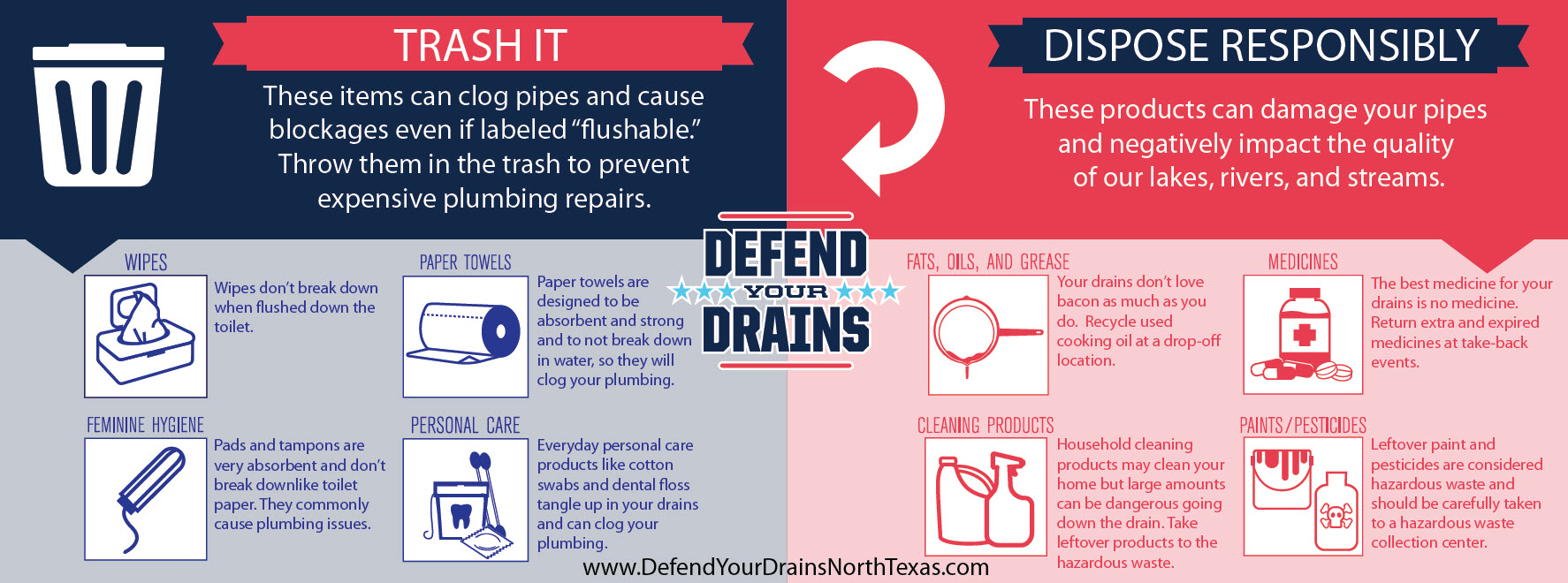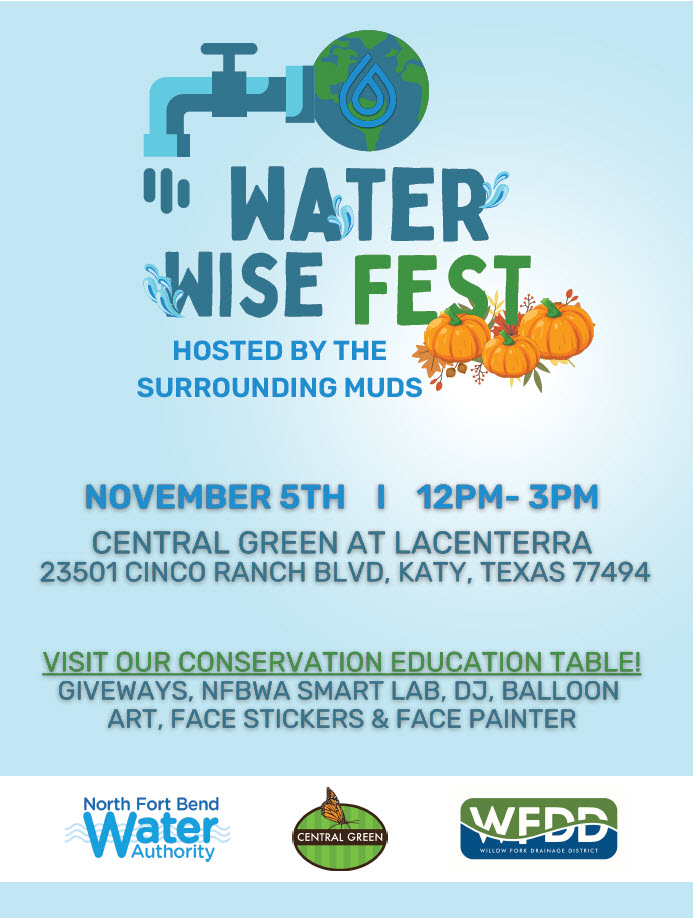Author: FBMUD 118
No Boil Water Notice for FBMUD 118
There is no boil water notice in effect for Fort Bend County Municipal Utility District No. 118 residents or businesses. The City of Houston has issued a Boil Water Notice for their water system and other systems effected by the City’s issue. While local media (and social media) are reporting boil water notices for the City and those other Water Districts in our area, these notices do not pertain to Fort Bend County Municipal Utility District No. 118 receivers, as the District maintains independent water production facilities. Again, Fort Bend County Municipal Utility District No. 118 is not currently under a Boil Water Notice.
In the event a Boil Water Notice needs to be issued for our community, notification will be provided. For immediate and up-to-date 24/7 information, you can always reach out to EDP’s 24-hour Customer Service line at (832) 467-1599.
Water Wise Fest Offers Fun and Educational Event for Families
Mark your calendars for Water Wise Fest at Central Green in La Centerra on Saturday, November 5th 12:00p.m. – 3:00 p.m.
Enjoy face painting, face stickers, music by a DJ, balloon art, giveaways, and a Water Smart Lab to learn about how to conserve an important resource – water!
This free event is perfect for the whole family.



